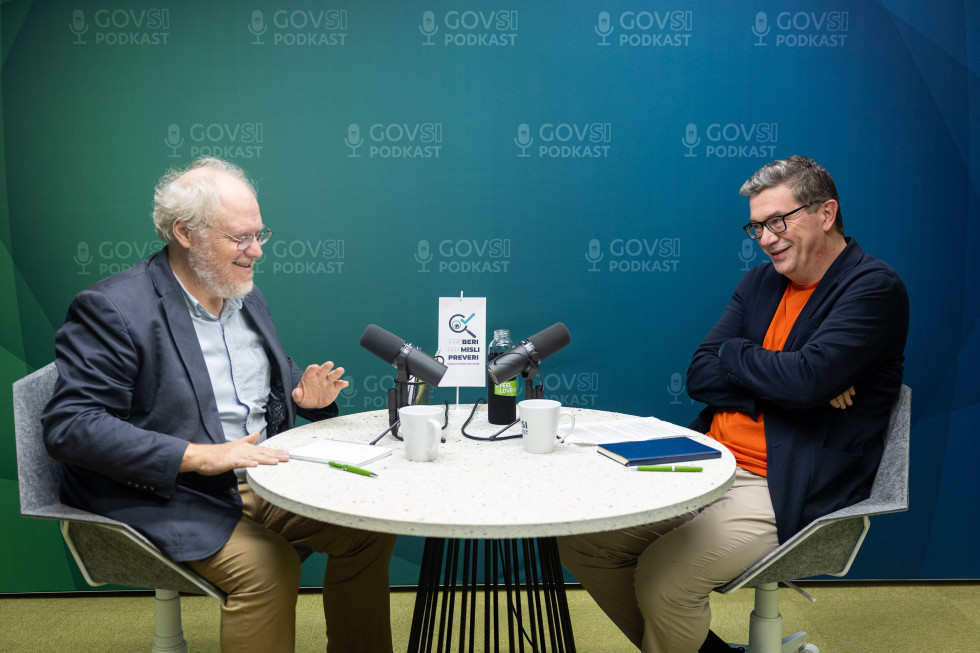GOVSI Podcast: »Democracy is under attack«
»The enemy is no longer really an ideology, but the truth itself. Democracy is under attack, so we must build an informed society that is aware of the dangers of disinformation and artificial intelligence,« said the guest, who is one of the leading scholars in the field of international relations and so-called soft power.
Nicholas J. Cull is a historian whose research focuses on the impact of public diplomacy and how countries use culture and media strategies to shape their global image. He is the author of several influential books, including Public Diplomacy: Lessons from the Past and Public Diplomacy: Foundations for Global Engagement in the Digital Age. He is the founding director of the public diplomacy program at the University of Southern California, where he still teaches today.
You are invited to watch and listen.
What is disinformation?
Disinformation is misleading or inaccurate information disseminated by individuals, organisations, and states with the intention of misleading or manipulating individuals and public opinion.
They are most effective in times of crisis, uncertainty, and general dissatisfaction because they operate at an emotional level and influence people's opinions and decisions. They aim to create confusion, anger, fear, damage the reputation of individuals, organisations or institutions and countries. The problem of the spread of false information is most pronounced in crisis situations, such as the new coronavirus pandemic.


